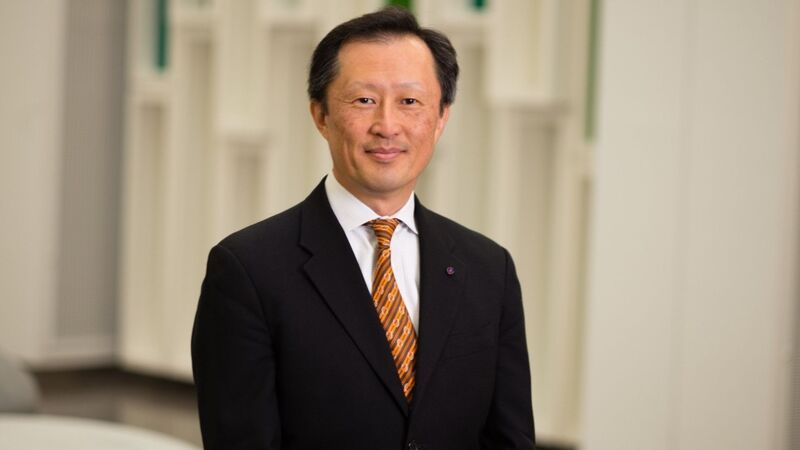You are viewing your 1 free article this month. Login to read more articles.
Publishing's future lies in diverse audiences, Chi tells IPG
Publishers need to do a “much better job of catering to underrepresented groups” as they have a responsibility to “represent the experiences of their broad readership”, Elsevier chairman Youngsuk Chi has told the IPG Conference.
Giving the first keynote speech at the Independent Publishers Guild’s Spring Conference today (2nd March), Chi told delegates that discussions about the future of publishing tend to focus on the publisher and the “digital revolution” of the industry but should instead “focus on the reader”.
He said: “The digital revolution is a critical part of the larger story about publishing in the 21st century. It talks about where we've been and where we’re going, but it’s only a part of the story and it tends to focus on us - the publishers. I want to tell another part of the story. It’s about a different kind of change that is more impactful than technological advancement, that's not all about the publisher but instead focuses on the reader.”
Chi said that global literacy has jumped from 36% to 83% in recent times and it will “keep rising”. He said that the “loudest voices” in publishing are “overwhelmingly western and white” but “our readers, the ones we serve, are not.”
This means that "tomorrow’s readers are going to be a lot more diverse than yesterday”, Chi said, so the industry must be “ready to make some changes”.
Chi recognised that “the important conversations about diversity are already taking place” but publishers needed to do a “much better job of catering to underrepresented groups.”
“The world has never been as culturally aware as it is now," Chi said. "There is more demand than ever for the publishing industry to be more inclusive. We need more translations, more literature from underrepresented groups, and more history books that that offer more than Western perspectives.”
Independent publishers are in a “uniquely strong position to lead the way” on this according to Chi, because they really commit to growing niche markets that others are too afraid to get in to or too bureaucratic to take advantage of. “What you do well is find the niche - because it’s your passion - and the diversity I just mentioned is your greatest opportunity," he said. "It’s the stuff the largest publishers don’t do. This is all your playground.”
The future of the industry depends on how prepared we are to serve readers in countries outside of Europe and North America and publishers need to invest in creating a strong publishing culture in Asia, the Middle East and Africa with a “focus on translation,” Chi advised.
The current multicultural nature of the world demands “global and scholarly exchange” and “publishers have a key role to play in facilitating this”.
Speaking on the topic of mobile, Chi said publishers need to be “ambidextrous” and think in terms of both “analogue and digital”. He said: “We are in transition and have to be ‘and’ as opposed to ‘or’. As a bigger publisher [Elsevier] can do more than an indie that has a staff of three, but you know you can always do more… we must all be ambidextrous.”


















